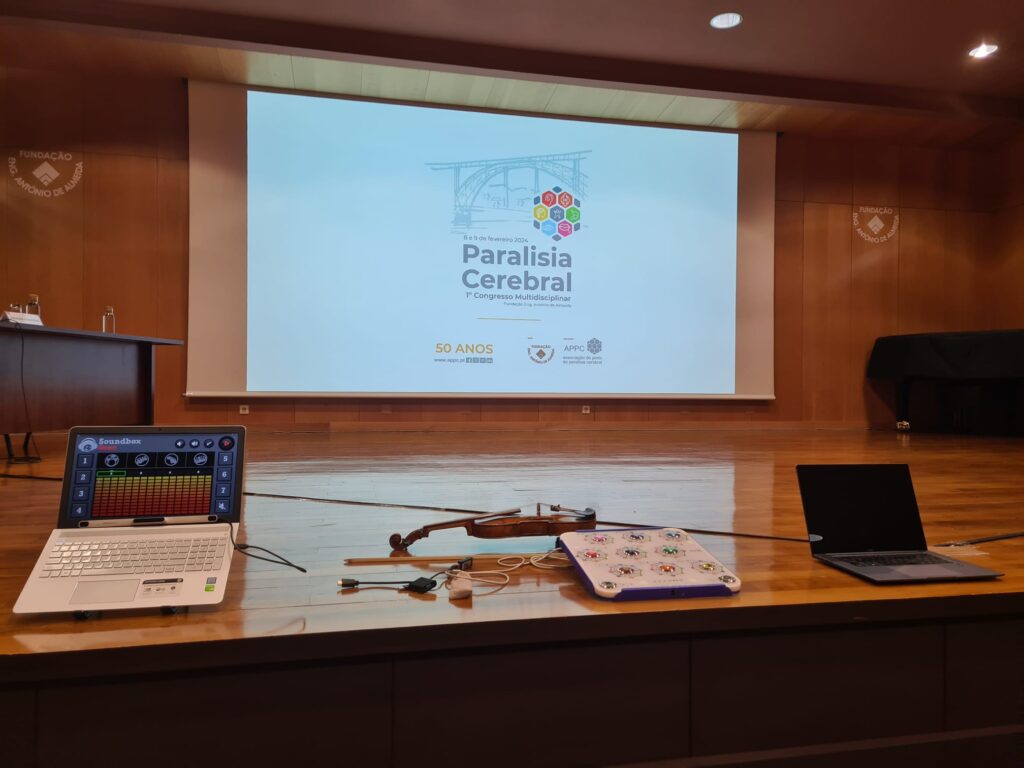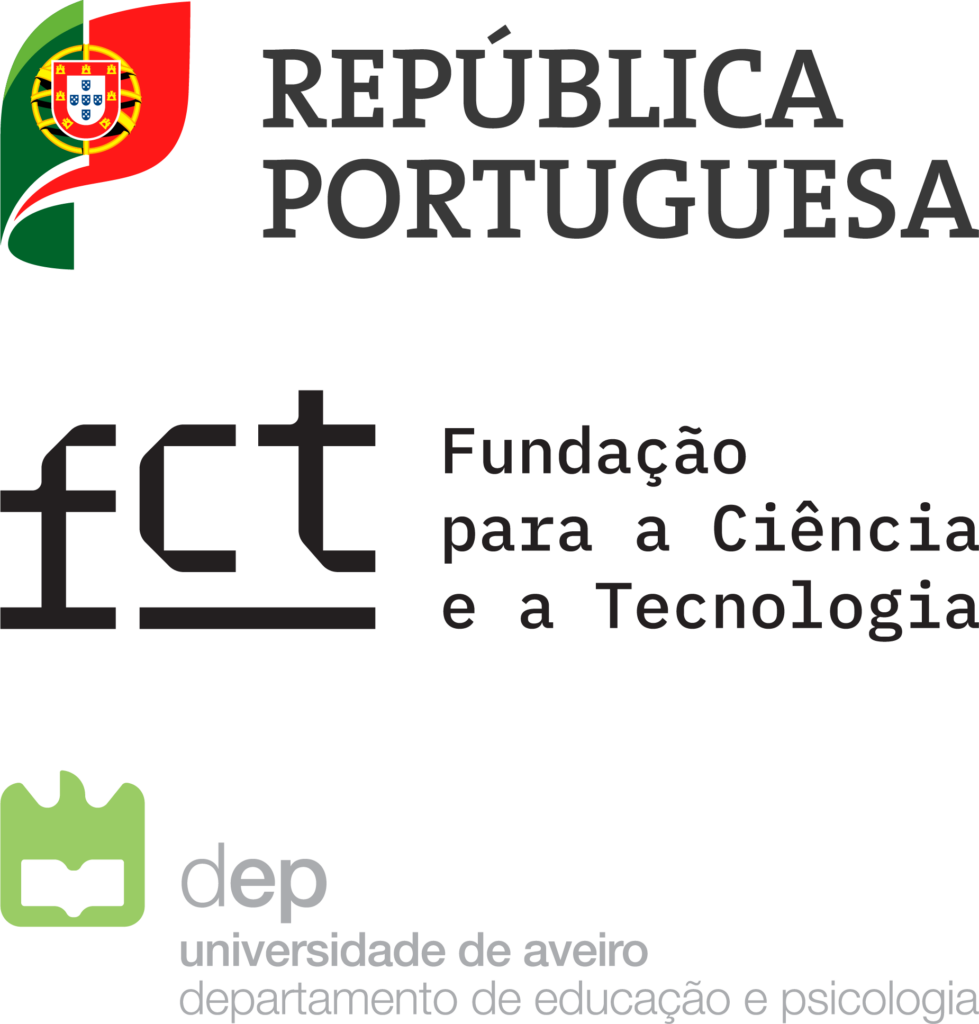O 1.º Congresso Multidisciplinar de Paralisia Cerebral, realizou-se no Porto entre os dias 8 e 9 de fevereiro de 2024, e contou com uma comunicação dinamizada pelo investigador do CIDTFF, Davys Moreno.
A comunicação intitulada “Innovative Technologies to facilitate music learning for children with cereblral palsy”, da coautoria de Davys Moreno (apresentador, CIDTFF, DEP, UA), António Moreira (CIDTFF, DEP, UA), Oksana Tymoschuk (DeCA, UA) e Carlos Marques (Conservatório de Música de Aveiro Calouste Gulbenkian) integrou a 5ª Mesa: Comunicações Livres, de dia 8 de fevereiro.
Conheça o resumo da comunicação, disponibilizado pelo investigador:
In March 2018, the guardian of a child with motor and communication limitations due to Cerebral Palsy (CP) gave up on enrolling her son in an Arts School in Portugal. This situation led to a doctoral thesis in the Department of Education and Psychology at the University of Aveiro, which used an Action-Research methodology. In this context, the child under study was characterised by various awareness-raising activities in different contexts, 14 interviews with parents of children with CP, and 14 interviews with music professionals who work with this population. The results obtained from these actions led us to the need to find technological solutions that are available and facilitate the attendance of children with CP in Arts Education Programmes of Music (AEPM). To fulfil this objective, various bibliographic searches were carried out between 2017 and 2023 using the keywords “Accessible Digital Musical Instruments” (ADMI) in the B-on and Google Scholar search engines and the Science Direct, Scopus, ERIC, Scielo and Web of Science databases. In addition, a search was also carried out on the Google search engine, looking for accessible music applications and online music games available on the web. The result was a series of online music applications and games and several ADMIs, including Soundbeam, Arcana Instrument, Netytar, NetyChord, etc. We found that ADMIs can be used to facilitate access for children with CP to learning music at the AEPM. In addition, we felt it was important to refer to the subject’s topicality, the expensive cost and the lack of access to ADMI in Portugal. Finally, it is suggested that more in-depth studies be carried out on this subject and that investment be made in the training of those involved, particularly in using these resources, thus promoting “music for all”.
Keywords: Cerebral Palsy; Music Learning; Arts Education Programmes of Music; Assistive Technology; ADMI








